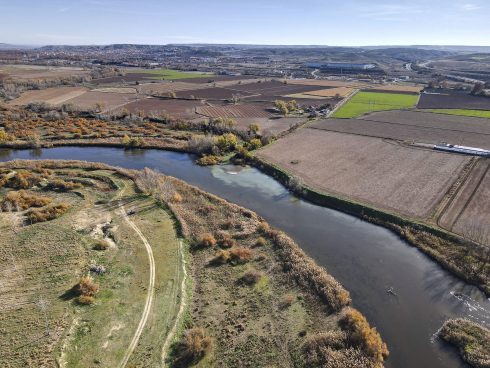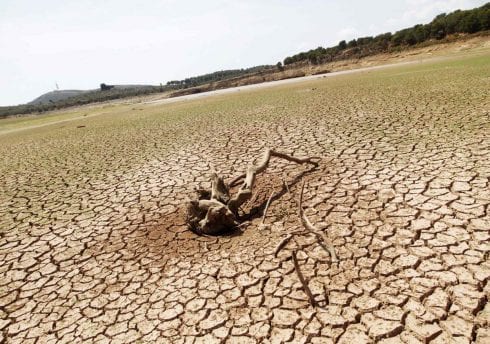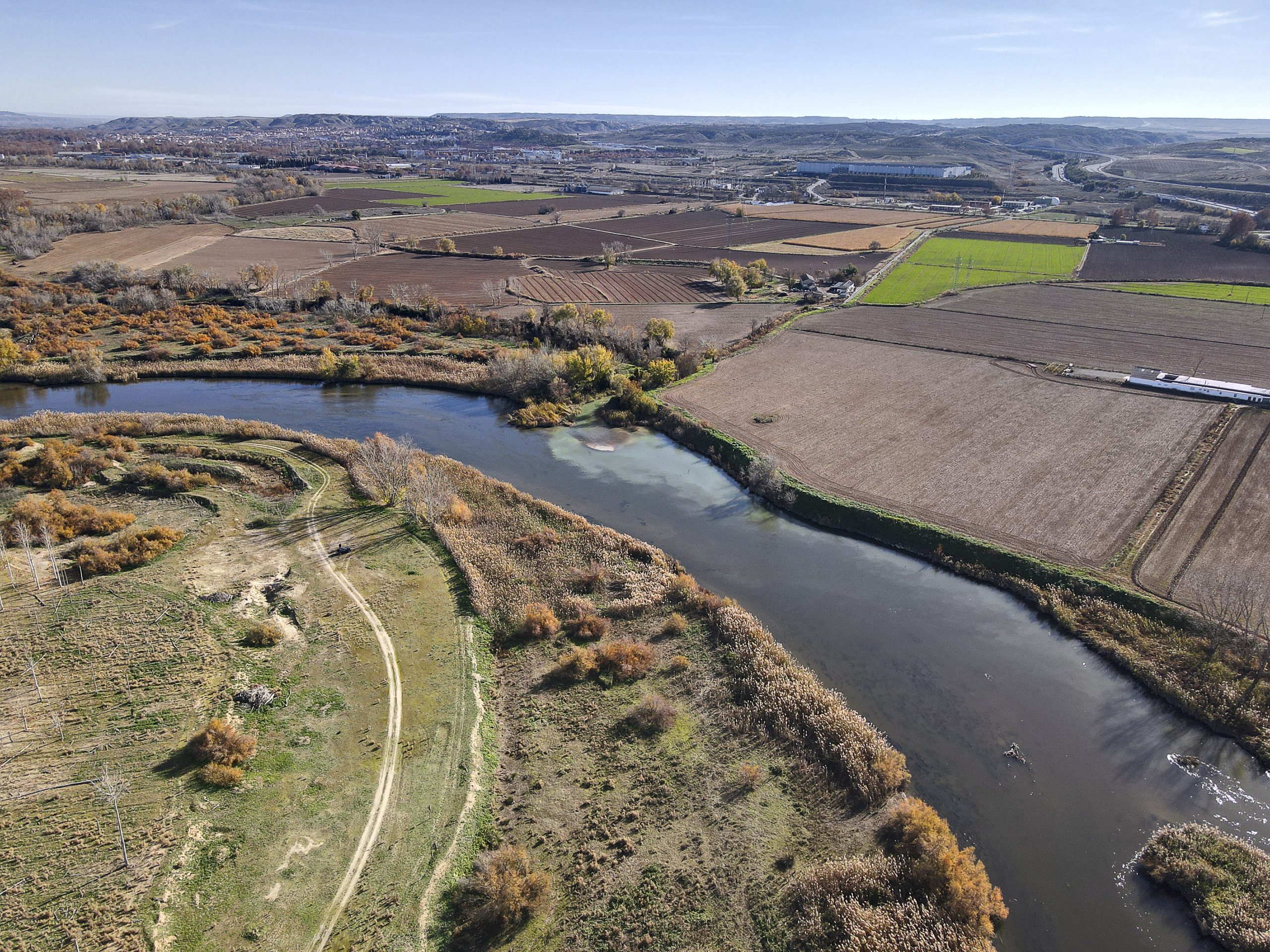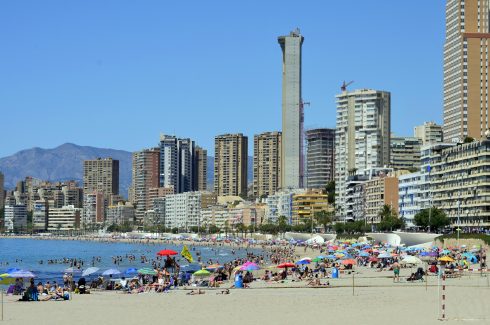THE lifeblood of south-east Spain is under threat after a government decision to turn off the tap to the region from the dwindling River Tagus.
Pedro Sanchez’s ruling, taken in February, will limit the massive water transfers from the north that turned the arid semi-desert of southeastern Spain into Europe’s market garden.
The citrus fruit, water melons and other crops grown in the provinces of Murcia, Alicante and Almeria make up Europe’s biggest horticultural epicentre, employing 100,000 people in a sector turning over three billion euros a year.
But an economic study by academic and industry experts found that the reductions are likely to result in the loss of almost 5,500 jobs and €334 million annually in the Murcia region alone.
In the three provinces combined, the study found that the transfer cutbacks would kill almost 9,800 jobs and €524 million annually could be lost.

The decision would especially hit the livelihoods of family farmers, who are responsible for nearly half of Spain’s EU-leading exports of fruit and vegetables.
But the repercussions extend beyond the region’s local economy; the intensive farming from the region feeds much of the continent.
It was an unenviable call by the government, as climate change is hitting Spain hard and there simply isn’t enough water to go round.
The Tagus, the Iberian peninsula’s longest river, is drying up to the extent that it is possible to cross its dried-up bed by foot in summer.
Just like the shrinking Nile in Egypt and the Tigris in Iraq, the right to draw on the waters of the Tagus – which crosses into Portugal before flowing into the Atlantic – has become a political hot potato.
The central Castile-La Mancha region, where the Tagus runs through further north, has long complained that their land has been ‘sacrificed’ for the farmers of the south-east.
But the farmers see it differently.
“If they take it from us, it will be nothing but a desert here,” Murcia farmer Juan Francisco Abellaneda, 47, told France24.
“We need the water from the Tagus.”

Abellaneda spoke of his fears of widespread job losses if they lose water.
“We need the water to survive. If they do not bring us the water, what are we going to live on?” he asked.
Since the gigantic Tagus-Segura Water Transfer project was completed in stages between 1979 and 2003, Spain’s average temperature has shot up by 1.3 degrees Celsius.
The flow of the Tagus has dropped by 12 percent over the same period.
Extreme heatwaves over the last few years, sometimes very early in the year, have dried up rivers and reservoirs and have led to water cuts.
The Spanish government estimates that the flow of the Tagus could plummet by up to 40 percent by 2050.








